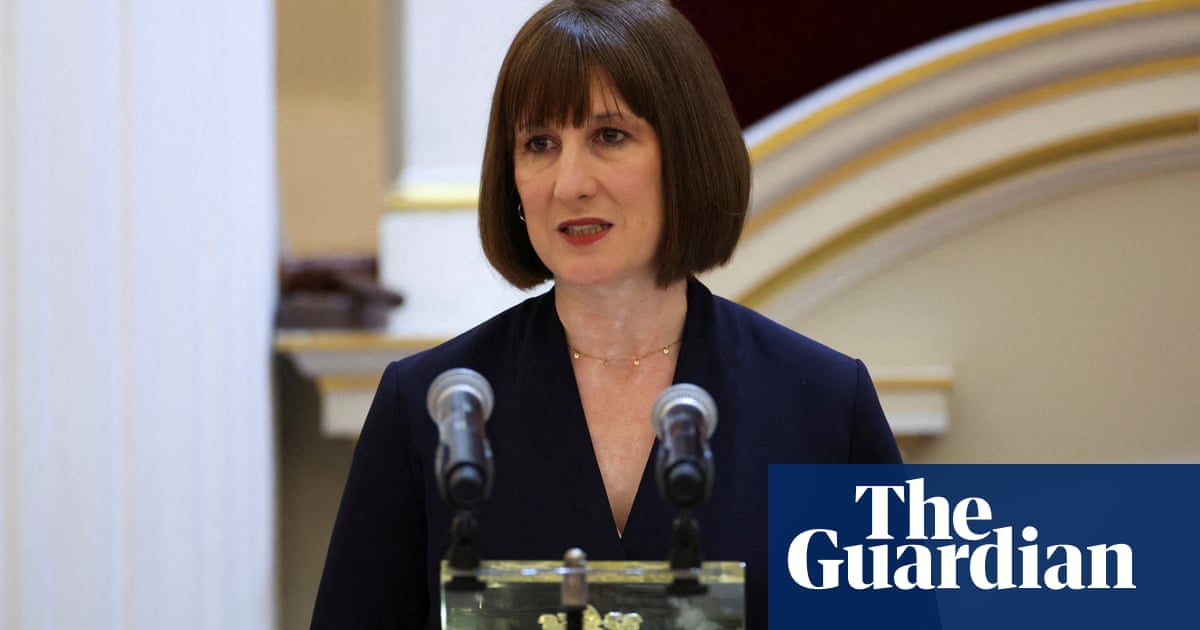A top adviser to the US president-elect, Donald Trump, has said the UK should align itself with the American “free enterprise” economic model instead of the “more socialist” European system, as speculation mounts over the terms of a potential transatlantic trade deal.
Stephen Moore, a senior economic adviser to Trump, said if the UK moved towards the US model of “economic freedom” there would be more “willingness” by the incoming administration to agree to a trade deal between the two countries.
His comments come as Keir Starmer faces competing demands over future trade deals with Washington and Brussels. Some have told the prime minister to pick a side in trade talks between the US and EU while others have suggested he could strike deals with both major players.
Speaking to BBC’s Today programme, Moore said: “The UK really has to choose between the Europe economic model of more socialism and the US model, which is more based on a free enterprise system. I think the UK is kind of caught in the middle of these two forms of an economic model. I believe that Britain would be better off moving towards more of the American model of economic freedom.
“If that were the case, I think it would spur the Trump administration’s willingness to the free trade agreement with the UK. I think it would make sense for both Britain and the United States.”
Previous efforts to agree a UK-US trade deal have been scuppered by rows over agricultural standards, particularly fears over allowing chlorinated chicken or hormone-fed beef on to British supermarket shelves.
Moore said: “I think we have the best agriculture centres in the world. So I wouldn’t see that as a problem from this side of the ocean, but I do understand that in Britain. I know the last time I was in London, that was a big issue with many of the British folks I talked to.”
Trump has proposed a blanket tariff of at least 10% on all imports, as well as further retaliatory tariffs against countries that place tariffs on US imports. Moore said the blanket tariff was a “fairly popular position with many American voters” but suggested some countries might be exempt.
The prospect of tariffs has already hampered the UK government, which has staked its success on economic growth. Earlier this month, Goldman Sachs cut its UK economic growth forecast for 2025 to 1.4% from 1.6%, citing potential higher US tariffs.
“I do think we have a special relationship with Britain and I think most Americans, I think Donald Trump, views Britain in a very different way, certainly from China or other countries that we view in a more adversarial way,” he said.
Referencing the United States-Mexico-Canada Agreement, which was passed under Trump to replace the North American Free Trade Agreement, Moore said: “We have a US, Mexico and Canada trade deal. So, it’s certainly possible that with this uniform tariff that he’s talked about, that because of our special relationship with our North American neighbours, that we might exempt them. So your question is, might we exempt Britain? Maybe, I don’t know the answer to that.”
On Tuesday, Peter Mandelson, who is tipped to become the new British ambassador in Washington, told the Times that the UK “must have our cake and eat it” and forge trade ties with the EU and US.
“We cannot come out of the largest export market, difficult enough as it is to trade freely there, having left the European Union. But we still trade. It’s our biggest export market still. We can’t leave that.
“And we have to mitigate the sort of barriers and risks that we’ve taken on as a result of Brexit in the European market. And transatlantic trade and investment is huge for us.”
Andy Haldane, the former Bank of England chief economist, echoed a similar message, saying on Tuesday that the government could show the UK was “open for business at a time when so much else of the world is looking inward – whether to the EU, or the US”.

.png) 1 month ago
16
1 month ago
16













































